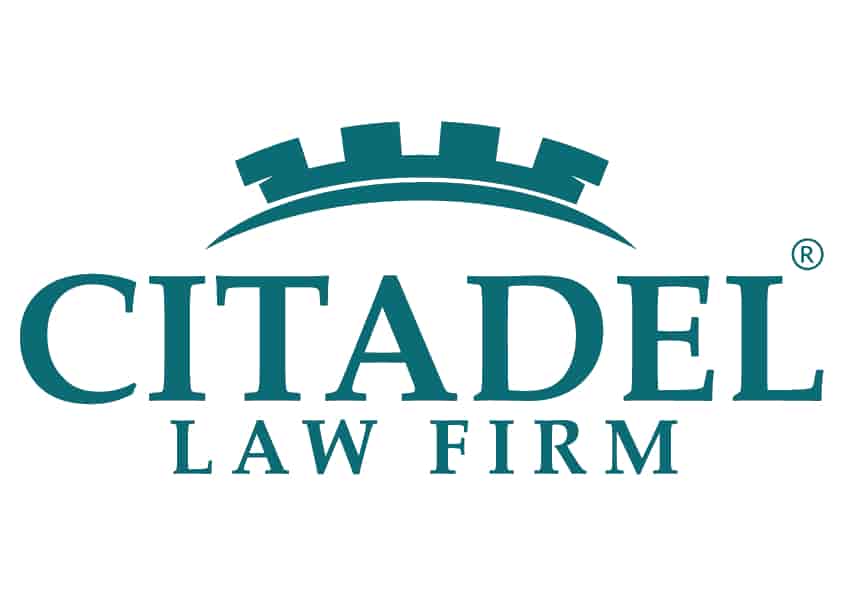Estate Planning Lawyer: What They Do, When You Need One, and How to Choose the Right Attorney
An estate planning lawyer helps you create legally binding documents, such as wills, living trusts, powers of attorney, and advanced directives, to protect your assets and ensure your family is cared for according to your wishes.
They guide you through tax planning, probate avoidance, and long-term decision-making. You need one when life circumstances change, when your assets grow, or when your family situation becomes complex. Choosing the right attorney depends on experience, communication, transparency, and their understanding of your state’s laws.
What Is an Estate Planning Lawyer?
An estate planning lawyer is an attorney who focuses on helping individuals and families plan for the management and distribution of their assets. They prepare legally enforceable documents that protect your property, your healthcare decisions, your financial choices, and your loved ones in case of incapacity or death.
While many people assume estate planning is only for the wealthy, this is not true. Anyone who owns assets, has children, or wants to avoid conflict within their family can benefit from having a comprehensive plan.
Estate Planning Lawyer vs. Other Legal Professionals
To make things clearer:
- Estate planning lawyer – focuses on creating wills, trusts, tax planning, powers of attorney, and overall asset protection.
- Probate lawyer – handles the court process after someone passes away.
- Elder law attorney – focuses on long-term care, Medicaid planning, and senior legal issues.
What Estate Planning Lawyers Help You Do
Estate planning is more than writing a will. A skilled attorney helps you plan for life, incapacity, and the future needs of your family.
Draft Wills and Living Trusts
Wills and trusts form the backbone of a strong estate plan.
A will ensures your assets go where you want.
A living trust helps you avoid probate and keep your affairs private.
Choosing between the two depends on your family structure, your goals, and whether you want a smoother transition for your heirs. Lawyers guide you through these decisions.
Create Powers of Attorney (POA)
A POA ensures someone you trust can make decisions when you cannot.
Types include:
- Financial POA for managing your money and property
- Medical POA for healthcare decisions
Without these, your family may need to go to court—causing stress, cost, and delays.
Set Up Advance Healthcare Directives
A living will outlines your medical wishes. HIPAA authorizations ensure your loved ones can speak with doctors. These documents remove stress during medical emergencies.
Asset Protection Strategies
Lawyers help structure your assets so your estate is preserved for the people you love. This may include:
- Beneficiary designations
- Trusts
- Asset-titling guidance
- Tax-efficient transfers
Probate Avoidance and Support
Probate can take months or even years. A lawyer helps you avoid it by setting up trusts and other legal tools. If probate is required, they guide your loved ones through every step.
Do You Need an Estate Planning Lawyer?
Here are situations where hiring an attorney is strongly recommended:
Blended Families and Unequal Inheritances
Without a proper plan, stepchildren or new spouses may accidentally be disinherited. Lawyers help prevent conflict.
Owning a Business or Multiple Properties
Business succession, rental property transfers, and taxes require legal expertise.
Caring for Elderly Parents or Special Needs Dependents
Special needs trusts and elder care planning require precision and experience.
Avoiding Family Conflict and Court Battles
A clear, updated estate plan prevents disputes among siblings, former spouses, and extended family.
Reducing Legal Fees and Taxes
Good planning saves your family significant money later.
Estate Planning Lawyer vs. DIY Online Templates
Many people are tempted by cheap online forms, but these templates often fail at the worst possible time.
Accuracy and Legal Compliance
Estate laws vary by state, and templates rarely include all requirements.
Customization Matters
Blended families, beneficiary restrictions, real estate, and business assets require tailored language.
Long-Term Document Updates
Templates become outdated quickly. Lawyers keep your plan current.
Risk of Invalid Documents
If even one signature, witness requirement, or clause is incorrect, the entire document may be thrown out by the court.
Bottom line: DIY saves money now but costs more later.
What to Bring to Your Estate Planning Lawyer
To make your appointment productive, bring:
- List of assets
- Beneficiary names
- Property deeds
- Existing wills or trusts
- Life insurance policies
- List of debts and mortgages
- Business formation documents
This helps your lawyer understand your full financial picture.
How Much Does an Estate Planning Lawyer Cost?
Costs depend on experience, complexity, and state laws.
Flat Fees vs. Hourly Rates
Many firms offer flat packages for wills, trusts, and POA documents.
Common Price Ranges
- Simple will: $250–$500
- Living trust package: $1,000–$3,000+
- Comprehensive estate plan: varies by complexity
Why Costs Vary
High-net-worth families, real estate, businesses, and blended families typically require more planning saving thousands in future probate costs.
How to Choose the Right Estate Planning Lawyer
Choosing the right attorney can make a big difference in how well your estate plan protects your family.
Credentials and Specializations
Look for attorneys with strong experience in trusts, probate, and elder law.
Experience With Complex Families
Blended families, business owners, and seniors must work with attorneys who understand their unique needs.
Transparent Pricing
Good attorneys explain their fees clearly so there are no surprises.
Communication Style
You want a lawyer who explains legal terms in simple, understandable language—like Citadel Law Firm does.
Mistakes People Make When Hiring an Estate Planning Lawyer
Avoid these common errors:
- Choosing based only on the lowest fee
- Not updating documents after marriage, divorce, or children
- Forgetting to include digital assets like online accounts
- Using outdated or generic templates
- Not planning for incapacity
State-Specific Rules and Why Local Expertise Matters
Estate planning laws differ from state to state, including:
- Probate timelines
- Witness requirements
- Community property rules
- State estate taxes
Working with a local attorney ensures your documents are valid and enforceable.
FAQs About Estate Planning Lawyers
- Do I need a lawyer for a simple will?
Yes, state laws differ, and small mistakes can cause big problems later. - Can a lawyer be the executor of my will?
Yes. Some people choose their attorney to reduce family conflict. - How often should I update my estate plan?
Every 3–5 years or after major life events. - What happens if I die without a will?
State law decides who gets your assets, often not according to your wishes. - What documents should every adult have?
A will or trust, financial POA, medical POA, and advance healthcare directive.
Work With a Trusted Estate Planning Lawyer Today
Planning your estate is one of the most important steps you can take to protect your loved ones. An experienced attorney gives you peace of mind, avoids unnecessary court involvement, and ensures your wishes are respected.
If you're ready to build a secure plan for your future, speak with an estate planning lawyer today.


